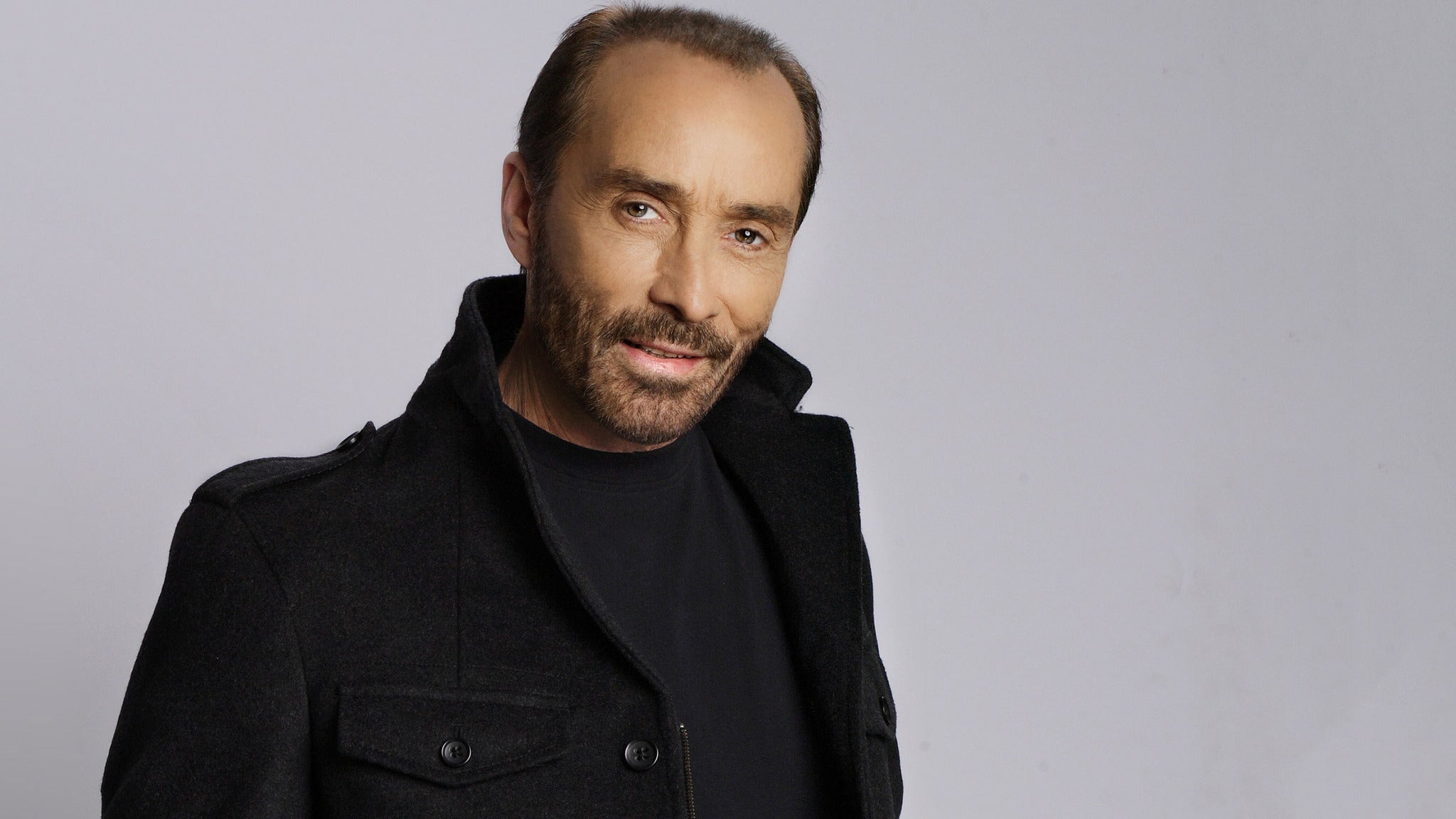Mike Johnson Criticizes NFL’s Choice of Bad Bunny for Super Bowl Halftime Show, Suggests Lee Greenwood Instead
House Speaker Mike Johnson recently sparked controversy with his comments about the NFL’s decision to select Puerto Rican superstar Bad Bunny as the headliner for the upcoming Super Bowl LX halftime show. Johnson, a conservative Republican from Louisiana, expressed disapproval during an interview, saying that he believed “Lee Greenwood, or role models, would be a better choice” for such a high-profile performance.
“There are so many eyes on the Super Bowl — a lot of young, impressionable children,” Johnson said. “In my view, you would have Lee Greenwood, or role models, doing that. Not somebody like this.”
A Clash of Cultural Visions
Johnson’s comments quickly went viral, illustrating a broader clash between traditional American patriotism and modern global pop culture. Lee Greenwood, now 82, is best known for his 1984 hit “God Bless the USA,” a patriotic anthem frequently performed at national events. Bad Bunny, on the other hand, is a 31-year-old Latin music megastar celebrated for his reggaetón and trap influences, boundary-pushing performances, and outspoken support for progressive causes.

For Johnson, the choice between the two performers represents more than musical taste — it’s a matter of values and cultural direction. The Speaker argued that the Super Bowl, watched by more than 100 million viewers globally, should feature artists who are “positive role models” and reflect what he calls “American family values.”
The Debate Over Role Models and Morality
Johnson’s remarks tap into a long-running American debate over what kind of content is appropriate for mass audiences, particularly children. The Super Bowl halftime show, in recent years, has often been at the center of such debates — from Janet Jackson’s 2004 “wardrobe malfunction” to more recent performances by Shakira, Jennifer Lopez, Rihanna, and Beyoncé, which some conservatives criticized as overly sexual or politically charged.
In Johnson’s view, inviting Bad Bunny continues a trend he finds troubling. The Puerto Rican artist is known for provocative lyrics and politically outspoken stances, often challenging gender norms and conservative cultural values. His music videos, social media posts, and fashion choices have made him both a global icon and a lightning rod for criticism.
By contrast, Johnson’s endorsement of Lee Greenwood evokes nostalgia for a more traditional brand of entertainment — one centered on patriotism, faith, and straightforward moral messaging. Greenwood’s performances of “God Bless the USA” have long been staples at Republican rallies, military events, and presidential inaugurations.

Lee Greenwood Responds
When asked about Johnson’s suggestion, Greenwood responded graciously, saying he was honored by the mention. “I’d be proud to represent our country on that stage,” he told reporters. “The Super Bowl is one of the biggest events in America, and it would be a privilege to perform for the fans and for our troops.”
The singer also emphasized that he respects artists from all backgrounds but believes “music should bring people together and remind us of what we share as Americans.”
His statement avoided any direct criticism of Bad Bunny, but many saw it as a subtle reinforcement of Johnson’s point — that the halftime show should emphasize unity and patriotism rather than controversy or shock value.
Support and Backlash
Johnson’s remarks received mixed reactions. Supporters praised him for “standing up for traditional values” and protecting the cultural integrity of national institutions. Conservative commentators argued that the Super Bowl has become too politicized and that “family-friendly entertainment” should return to the forefront.

However, critics accused Johnson of cultural bias and of failing to recognize the significance of Bad Bunny’s historic rise. Many pointed out that Bad Bunny has been one of the most streamed artists in the world for three consecutive years and that his inclusion represents the growing influence of Latin music and Hispanic culture in the United States.
Social media quickly divided along political lines. One user wrote, “Bad Bunny represents the future of global music — Johnson wants to stay stuck in the past.” Another commented, “Finally, someone is saying what many of us feel: bring back wholesome performers who actually love America.”
The Broader Cultural Context
Beyond the immediate controversy, Johnson’s remarks reflect deeper anxieties about the changing face of American culture. The U.S. is becoming more diverse, and entertainment industries increasingly feature bilingual, multicultural, and nontraditional voices. For some, this shift represents progress; for others, it feels like a loss of identity.
The Super Bowl halftime show — one of the most-watched entertainment events in the world — has become a symbolic battleground for these cultural debates. Each year’s headliner choice sparks discussion not only about music but about who gets to define “American culture” in the 21st century.

What the NFL Might Be Thinking
The NFL’s decision to feature Bad Bunny aligns with its ongoing strategy to broaden its audience and appeal to younger, more diverse fans. Past shows have included artists like The Weeknd, Rihanna, and Dr. Dre, reflecting the league’s recognition that popular culture has become increasingly global and multicultural.
For the NFL, Bad Bunny’s selection signals inclusion, modernity, and international reach. For Johnson and his supporters, however, it represents moral decline and a loss of tradition.
The Takeaway
Mike Johnson’s criticism of Bad Bunny — and his suggestion of Lee Greenwood — illustrates how cultural events like the Super Bowl can become flashpoints in America’s ongoing struggle over identity, values, and representation.
To some, the Speaker’s comments seem out of touch with modern reality; to others, they reflect a longing for stability in a rapidly changing world. Whether or not his words influence the NFL’s future decisions, the debate reveals one thing clearly: the Super Bowl halftime show is far more than entertainment. It is a mirror of the nation’s evolving cultural landscape — a reflection of who Americans are, and who they want to be.